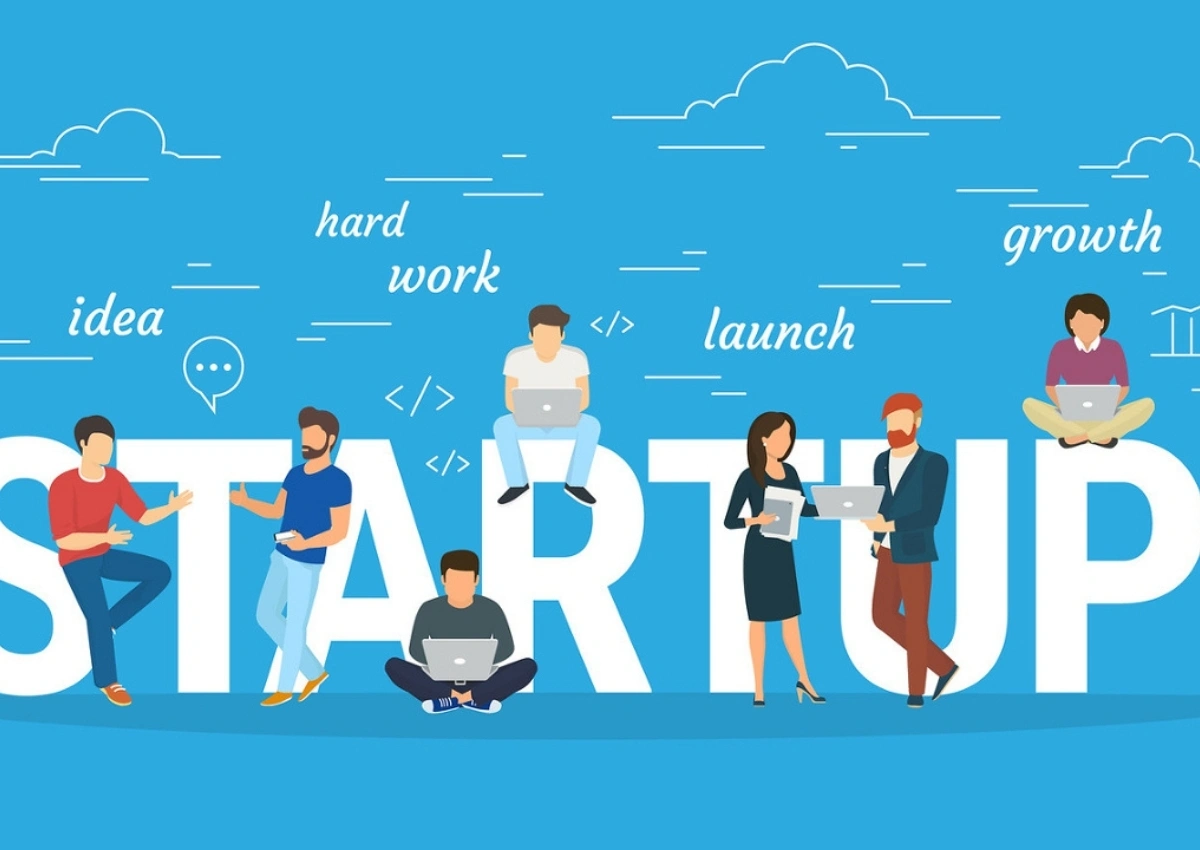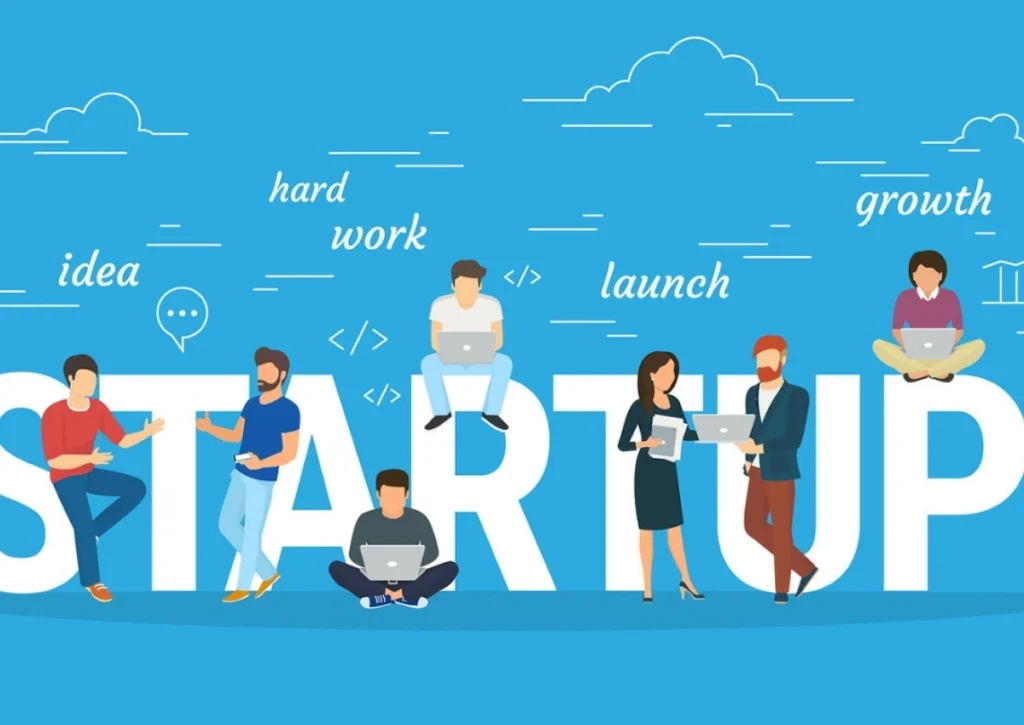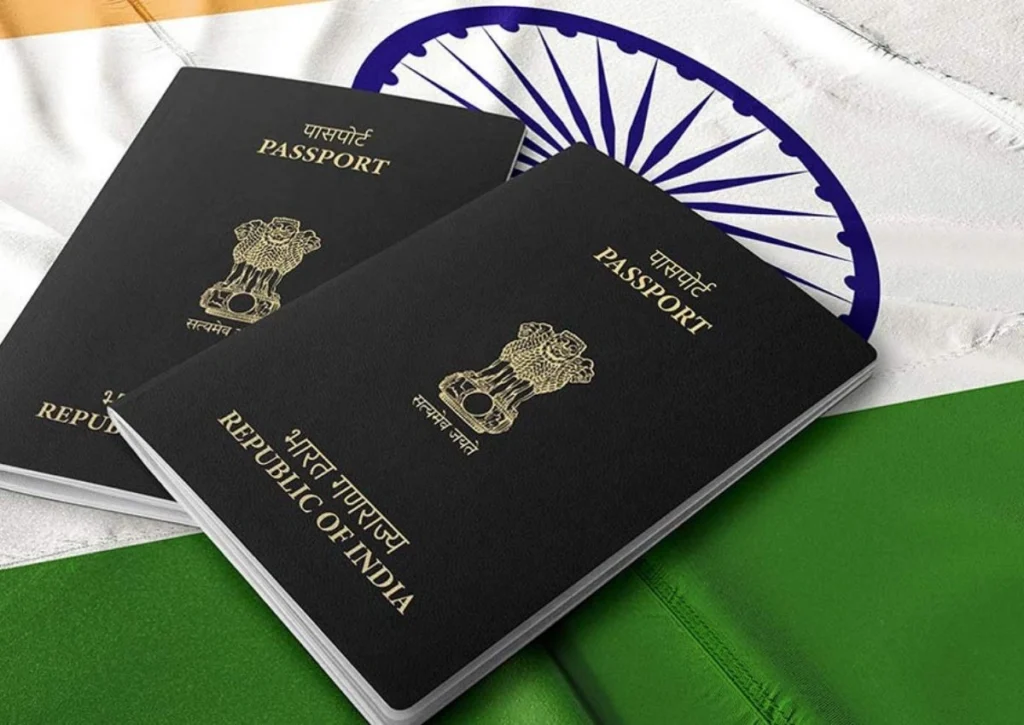
It seems so daunting to start a business. You are not the only one who is wondering whether your idea is good enough to succeed. Thousands of businesspeople experience the questions, fears, and insomnia daily. However, this is what makes me believe that everything will be fine after I (or you) write about the startup community in almost the same period of time: nowadays, some of the most successful companies began precisely at the place where you are at the moment.
I am going to explain to you some stories that show that dreams supported by determination can bring incredible results not only to the thriving startup world of India but also to the world-famous examples that transformed the world.

International Success Startup story
Amazon: From Bookstore to Everything Store
Jeff Bezos did not begin Amazon in a shiny high-rise. In 1994 he loaded his stuff, drove out of New York to Seattle, and started to sell books in his garage. His initial office was a garage involving the conversion of a garage that he used to pack the orders on his own and travel to the post office using his Honda.
What made Amazon different? When the majority of internet stores cared about the bottom line only, Bezos was obsessed with customer experience. He used all the dollars for enhancing logistics, inventory expansion and user experiences. Amazon is today earning more than half a trillion each year and hiring an excess of 1.5 million employees across the globe.
Airbnb: Turning Rejection into Revolution
Brian Chesky and Joe Gebbia could not pay rent in San Francisco. Their solution? Lease air mattresses in their apartment at one of the design conferences when hotels had been booked. They dubbed it Air Bed and Breakfast.
Investors thought the notion was ridiculous. They had to endure rejection after rejection—more than 40 venture capitalists turned down their appeal. In order to survive, they designed new packaging of cereals based on the 2008 presidential election and sold the packs at a price of 40 dollars each. Such an innovative hustle kept them afloat until they eventually got some funding.
Airbnb is based today in more than 220 countries and regions; it has already helped more than 1 billion guests arrive at their destinations and transformed the way people travel and think about accommodation.
WhatsApp: Simple Solutions, Massive Impact
The rise of Jan Koum, from food stamps to billions, is an example of the American dream. His family was not involved financially after they immigrated to Ukraine. Koum studied programming at night and was a janitor.
When Koum purchased his first iPhone in 2009, he discovered the possibility of having a simple messaging app. Bringing WhatsApp to life, He and Brian Acton based it on a single idea: no advertisements, no tricks, and just good, reliable communication. Instead of inflicting users with adverts, they charged 1 dollar per year.
Among the largest technological acquisitions made in history is Facebook acquiring WhatsApp in 2014, at a price of $19 billion. The application has more than 2 billion users worldwide.
India’s Startup Boom—Local Heroes Going Global
Flipkart—Redefining E-commerce for Billions
Flipkart was founded in 2007 by Sachin Bansal and Binny Bansal (no relation) out of the two-bedroom apartment in Bangalore after they did not feel secure about their positions at Amazon. Their first sale? A programming book, and it was sold to a customer in Chennai.
The e-commerce in India was virtually absent at that time. Cash-on-delivery was not the norm, logistics was inadequate and the internet penetration was low. The Bansals confronted them directly, developing cash-on-delivery operations, developing logistics systems and informing customers about online shopping.
The struggle was rewarded in a magnificent way. In 2018, Walmart purchased Flipkart as the most valuable e-commerce deal in India and confirmed the promise of Indian digital markets.
Zomato—From Restaurant to Food Delivery Giant
In 2008 Deepinder Goyal and Pankaj Chaddah began Zomato under the name Foodiebay—a basic restaurant finder. They operated out of an office in Delhi and collected menus of restaurants manually and posted them on the internet.
Also check:- Women-led Indian Startups are making headlines around the world
The first concept was humble: assist individuals to find restaurants and to look at menus. But Goyal saw bigger potential in the rising urban population of India and altered food habits. They entered into food delivery, restaurant management software and foreign markets.
In 2021, Zomato was listed on the stock exchange with the biggest tech IPO in India at the time, valuing the company at 1.3 billion. Today the firm is working in 24 countries and it receives millions of food orders per day.
BYJU’S—Transforming Education Through Technology
Byju Raveendran did not have the intention of starting a company in education. He was an engineer and consultant and assisted friends with entrance exams, teaching them over the weekend. The news circulated, and within a short period of time there were hundreds of students who were crowding in auditoriums to listen to his talks.
Recognizing technology’s potential to scale personalized education, Raveendran launched BYJU’S in 2011. The platform uses gamification, adaptive learning, and engaging video content to make learning addictive rather than boring.
BYJU’S became the world’s most valued ed-tech company, reaching over 100 million students globally. The startup proved that Indian innovation could compete globally in knowledge-intensive sectors.
Paytm— From Mobile Recharge to Digital Payments
One97, a small mobile content company, was the starting point of the entrepreneurial activity of Vijay Shekhar Sharma. In 2010, they started Paytm as a mobile recharge application.
This actual change occurred in the period of 2016 in India during the demonetization era. Paytm placed itself as a digital substitute when cash became scarce on a short-term basis. Sharma and his crew did everything to acquire merchants, make the experience as simple as it can be and make digital payments trustworthy.
Paytm became a full-fledged fintech ecosystem that provides payments, banking, and insurance and manages wealth. The IPO of the company in 2021 raised $2.5 billion, and the position of the company as a pioneer in digital payments was established.
Common Threads—What These Success Stories Teach Us
Timing is Important, but More Important is the Execution.
Timing is everything but not every successful startup comes in the market at the right time. Amazon was started when the uptake of the internet was on the rise. Flipkart appeared when online shopping was being adopted by the middle class of India. Paytm expanded in the digitalization of India.
But an ideal time is nothing without the ideal performance. These founders did not simply see trends; they acted tirelessly, changed continually and survived where others had failed.
Long-Term Success is Customer-First Thinking.
Observation Each of the stories focuses on customer value and not taking a shortcut to profit. Amazon put customer satisfaction first and profit-making second. WhatsApp did not prioritize the advertisement income but rather the user experience. BYJU did not emphasize on content consumption but on learning outcomes.
This customer-focused strategy generates sustainable competitive advantages that competitors can hardly imitate.
The Toughness between the winners and the dreamers.
All entrepreneurs overcome refusals, failures, and times of uncertainty. Founders of Airbnb were turned down by dozens of investors. The founders of Flipkart found themselves in their unpredictable futures, having left comfortable jobs behind. Jan Koum was a janitor when he was learning to code.
Building Your Own Success Story

The most successful startups solve problems their founders experienced personally. Uber’s founders were frustrated with taxi services. Instagram’s creators wanted better photo-sharing tools. Successful Indian startups typically address uniquely local challenges with global potential.
Spend time identifying problems that genuinely frustrate you or people around you. The best business ideas often hide in daily annoyances that everyone accepts as “just how things work.”
Validate Ideas Before Building
Modern entrepreneurs have advantages previous generations lacked. You can test ideas quickly and cheaply using social media, landing pages, and minimum viable products (MVPs).
Create simple prototypes, gather user feedback, and iterate rapidly. This approach helps you avoid spending months building something nobody wants.
Focus on Sustainable Growth Over Hype
Media loves overnight success stories, but sustainable businesses are built gradually. Focus on unit economics, customer retention, and organic growth rather than chasing vanity metrics or viral moments.
Build systems that can scale efficiently. Many startups fail not because they couldn’t acquire customers, but because they couldn’t serve them profitably at scale.
Final thoughts
The stories of Amazon, Airbnb, WhatsApp, Flipkart, Zomato, BYJU, and Paytm serve to show that it takes an exceptional start to get to an extraordinary level of success: the key in every case is insanely easy passion, customer focus and the ability to keep going when all seems lost. These founders did not wait until things were perfect but they were developing solutions to real problems that would have adapted fast and were growing sustainably as opposed to chasing hype.
In global challenges or local needs, their tales demonstrate that it is more about being determined, carrying out a solution, and being innovative than it is about resources or origin. What it teaches aspiring entrepreneurs is that you should begin small, remain focused, listen to your users and continue to build. It may be your turn to go from the garage to glory.




